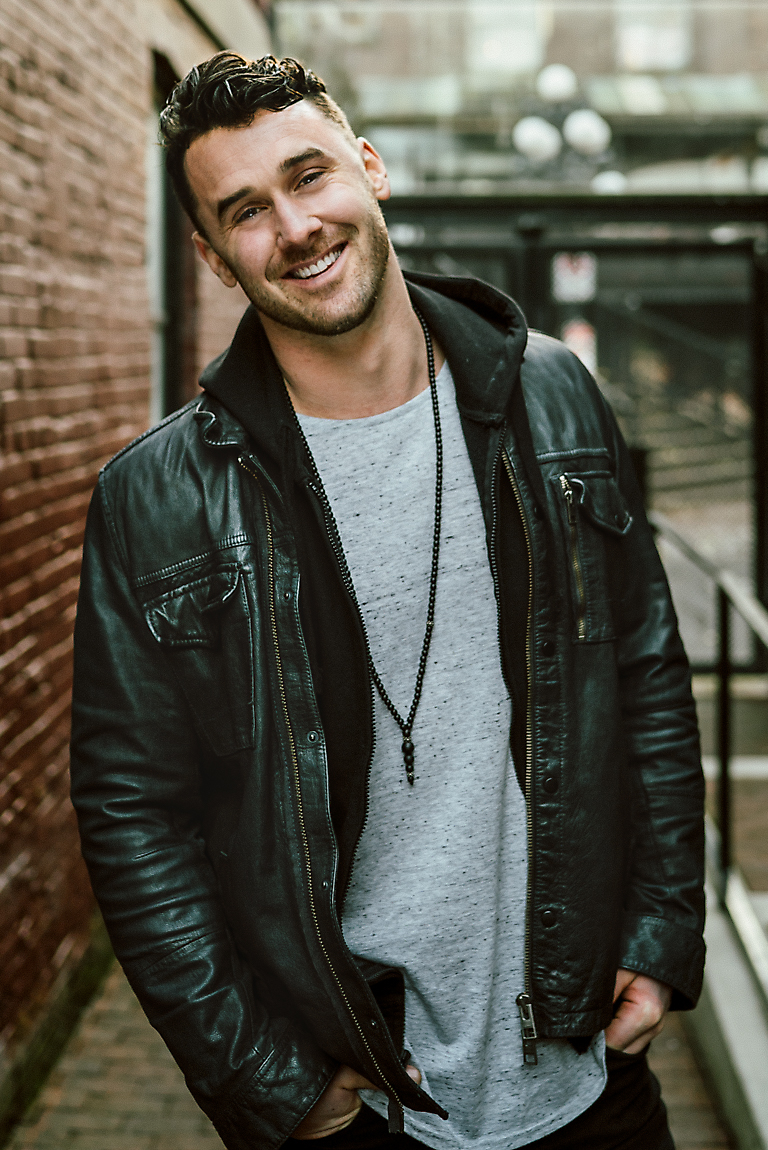How to ‘Man Up’ in Mental Health
Being a 6’7 ex pro-athlete and on and off model, I have felt the full effects of society putting me into a box.
“You are too tall to have problems in life.”
“You are too good-looking to be depressed.”
“Man, you are living the dream.”
“I’d do anything to be you.”
I was the epitome of judging a book by its cover, and I let those people sway my thoughts about how I was supposed to live life.
What was happening inside my head and heart was the exact opposite of what those people perceived.
• Fear of failure
• Fear of being judged
• Thoughts of being inadequate
• Fear of not performing how women expected me to
• Constant anxiety from standing out
It wasn’t until I got C-PTSD from an abusive end to a relationship. Also, watching my father die from Parkinson’s, did I finally stopped worrying about what others thought and started acting for myself.
These are 5 takeaways from the lowest point in my life that helped me build myself up to the happiest version of myself to date.
1. Let your thoughts out
Society’s old views of how men should act, focus on us not showing any emotion, physically or verbally. I soon realized in my darkest moments that if I kept holding in my fears, I would never be able to overcome them.
There are many ways to take those thoughts swirling around your head and have them out in the open to digest in a new light.
• See a therapist weekly (here is a great article on how to email a therapist for the first time to help you start)
• Write daily in a journal
• Talk out loud to yourself when alone
2. Fail more often
Working on your personal growth is hard. By the time you are in your 20s and 30s, you have created this form of yourself from life lessons. This version of you kept you safe, guided you through puberty and now is all you know.
You can’t snap your fingers and re-train your brain to act differently. Instead, you need to fight that initial urge you have.
In the beginning, you will lose to the ‘old you’ far more than you win. And that’s ok!
Getting comfortable with failing is one of the main ways we learn and grow.
3. Get uncomfortable weekly
Constantly testing your comfort bubble will help your overall growth to combat anxiety, depression and other mental health struggles.
By choosing when you will get scared and most likely inducing the emotional pain, you can step away at any time it becomes too much to handle.
The more you poke, prod and test your comfort bubble, the easier it will be to handle other uncomfortable situations you can’t see coming.
4. Exercise often
Working on your fitness will help you feel more confident in your body, but not only that. Being physically healthy and in good shape does not get enough credit for our mental health.
Pushing yourself daily in the gym, CrossFit, spin class, or any other 60 minutes of sweat-inducing working out will constantly force you into those uncomfortable moments of potential anxiety-inducing pain.
Working out also positively affects the hormones and chemicals inside our bodies. Constantly leaving you in a better mood than when you showed up at the gym.
5. Learn how to sleep
“Learn” is the critical word in this section.
We all sleep at some point. Our bodies were made to shut down when we hit a critical point of exhaustion. That’s not the hard part.
What isn’t easy is getting constant sleep, night after night, that leaves you feeling well rested and repaired from the previous day.
All of these factors of everyday life can and most likely can or do affect your sleep.
• Money struggles
• Addiction to your phone/social media
• Drugs
• Alcohol
• Relationship issues
• Loss of loved ones
• Anxiety
• Depression
Here are some tips to start working at bettering your sleep
• Stop looking at your phone/tv/computer 30 minutes before your start your evening routine to go to bed.
• Track your sleep patterns with a sleep tracking device and app.
• Eat cleaner/healthier foods before bed that your stomach can digest more easily while asleep.
• Journal before hopping into bed. This will help de-clutter your mind if you have difficulty falling asleep..
Getting a good night’s sleep doesn’t happen to people who say, “I wish I could sleep better.” It occurs from trial and error and hard work.
It took me 35 years plus losing my father to finally start seeing things from a new angle in my life.
There is no blueprint to this and we are all different. So don’t be hard on yourself my friend, in time it will start looking brighter for you too.
Paul Marlow / Tall Paul
Paul is a mental health speaker & leading global Tall Men’s Fashion expert. Helping men 6’3+ feel confident in their bodies.
Learn more about Tall Paul



